ICJ begins week-long hearings on Israel’s occupation of Palestine
The International Court of Justice (ICJ) is holding historic hearings into Israel’s occupation of the Palestinian territories since 1967.
The week-long sessions are expected to hear evidence given by 52 countries.
Representatives of the United States, Russia, and China will address judges at the Peace Palace in The Hague, the seat of ICJ.
On Monday, the UN’s highest court heard evidence from a number of states and three organizations on the legal consequences of Israel’s occupation of the West Bank, Gaza and East al-Quds.
In June 1967, Israel also seized the Golan Heights from Syria.
The UN sees the occupation of the Palestinian and Syrian territories as illegal.
A team of lawyers argued that Israel must be made to bear the consequences of its illegal conduct rather than reap the benefits.
The lawyers believe the regime is covering its “colonial designs” by occupying the territories.
Alain Pellet, the legal representative of the State of Palestine, called on the United Nations and third parties to ensure that no military or technological assistance would perpetuate or reinforce the Israeli occupation and apartheid.
He also urged all parties to sever all forms of economic and political relations with the Israeli regime.
On the issue of compensation and reparations, Pellet pointed out that the Security Council and the General Assembly have already made “specific legally binding findings in this respect.”
Namira Negm, another lawyer representing Palestine, told the ICJ that Israel "systematically denies" the Palestinians’ rights to life.
She told the ICJ that Israel uses a “toolbox of population control and inhumane acts” that restricts “every aspect of Palestinians’ life from birth to death."
"Starting from the Nakba in 1948 until now, Israel has adopted discriminatory legislation measures, by which it has established a deeply entrenched system of racial discrimination against Palestinians."
"Discrimination against the Palestinian people is as integral to Israel’s prolonged occupation as is the annexation and colonization of the Palestinian territory. They are inextricable parts of the same whole.”
A visibly emotional Riyad Mansour, Palestine’s envoy to the United Nations, presented the arguments by telling the ICJ that a ruling which deemed Israeli occupation illegal and “the legal consequences from this determination” would pave the way “to just and lasting peace."
“After 75 years, justice can no longer wait for the day Israel has an epiphany and suddenly decides to reverse course and commit to the law and UN resolutions.”
“Our journey in the search for justice has brought us before you, before the International Court of Justice,” he said.
The envoy demanded “an immediate, complete and unconditional end” to the occupation of the territories Israel has seized.
Palestinian Foreign Minister Riyad al-Maliki also told the UN’s top court on Monday, “The Palestinians have endured colonialism and apartheid.”
“Justice delayed is justice denied and the Palestinian people have been denied justice for far too long,” he added.
The Palestinian official called for an end “to the double standards that have kept our people captive for far too long.”
Philippe Sands, a specialist in international law, turned to the issue of demographic manipulation, saying the Palestinians have been subject to “a century of dispossession and displacement in manifest violation of their right to self-determination."
"Transferring another people into the territory of Palestine is contrary to international law, it undermines the exercise by Palestine of its right to self-determination. Yet, Israel declares that hundreds of thousands of unlawful settlers will somehow remain there permanently and forever."
In December 2022, the UN General Assembly asked the ICJ for a non-binding “advisory opinion” on the “legal consequences arising from the policies and practices of Israel in the occupied Palestinian territory, including East Jerusalem.”
The Israeli regime has been under mounting international pressure over its savage campaign in the besieged Gaza Strip since early October.
The ICJ hearings are separate from a high-profile case brought by South Africa, according to which Israel is committing genocidal activities in Gaza.
The ICJ ruled in the South Africa case in January that Israel must do everything in its power to prevent genocide and allow humanitarian aid into Gaza.
But the regime remains reluctant to abide by the ICJ ruling, and has had its bloody campaign going, thanks in large part to the unqualified military and diplomatic support the United States provides to Israel.
US-allied fuel tanker attacked by Iran still burning in Strait of Hormuz: IRGC
Attacks on hospitals, schools ‘strike at life itself’: Pezeshkian
Iran’s attacks on US bases ‘legitimate’ response to source of aggression: Araghchi
IRGC targets US intelligence centers, military depots in 11th wave of attacks
US-Israeli attacks damage 5 hospitals, medical centers in Iran: MP
Unlike US, Iran prepared for a long war: Security chief
Missile sirens will never stop in Israeli-occupied territories, Iran warns
Leader’s martyrdom will drive Iran to greater dignity and victory: Senior cleric


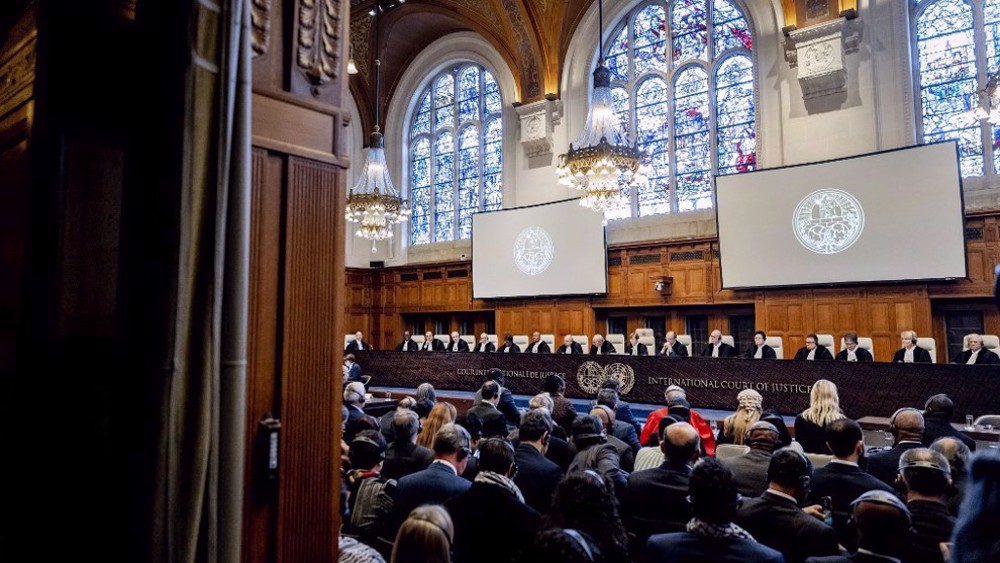
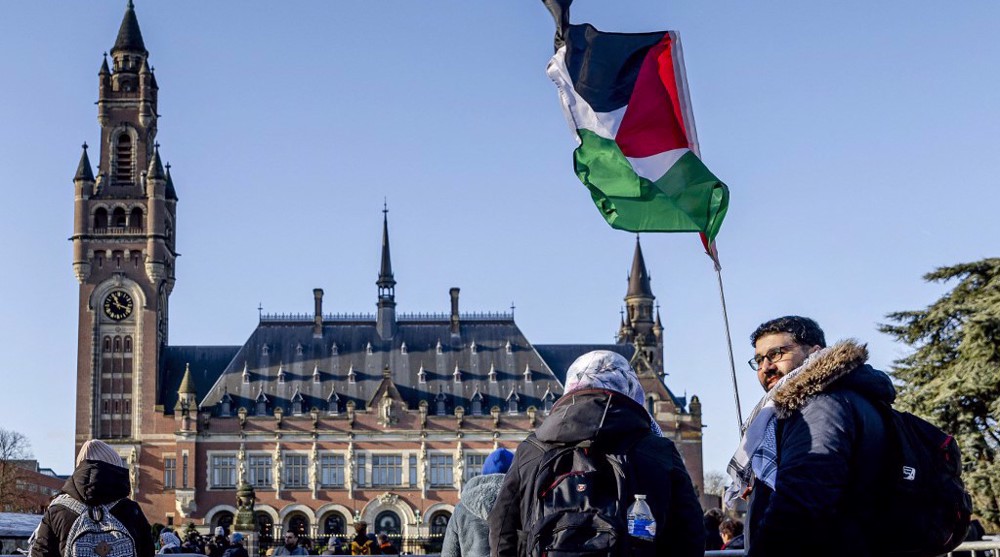
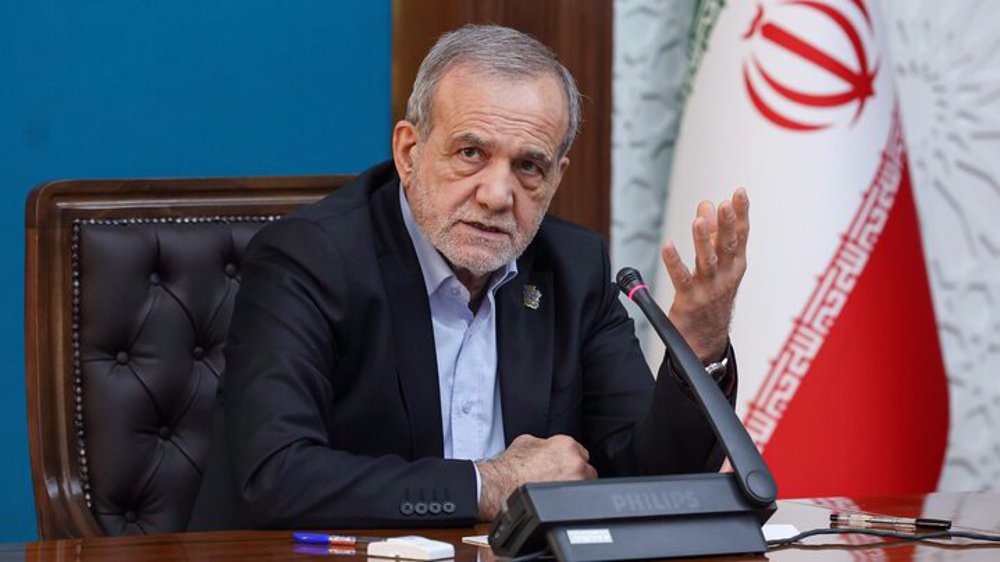






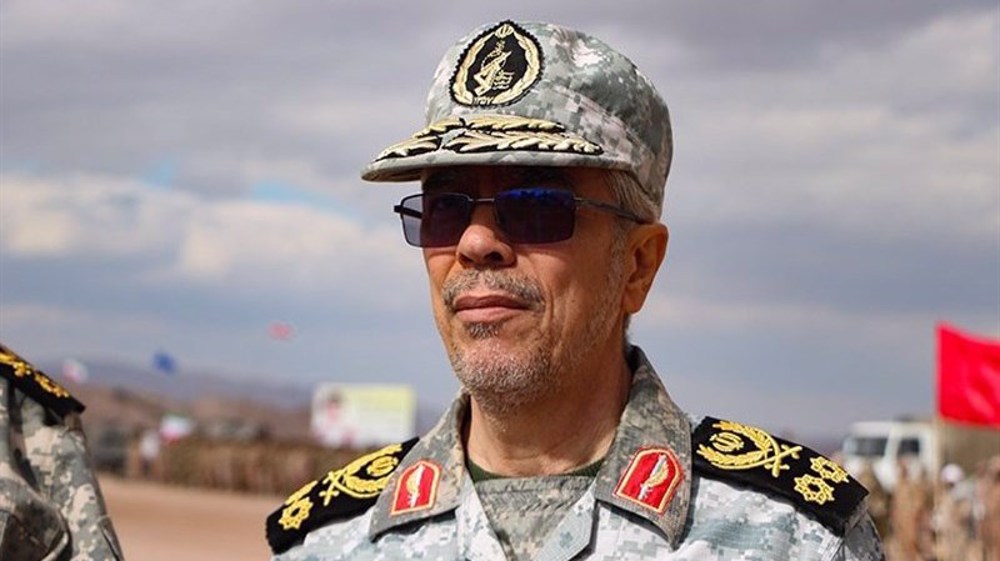

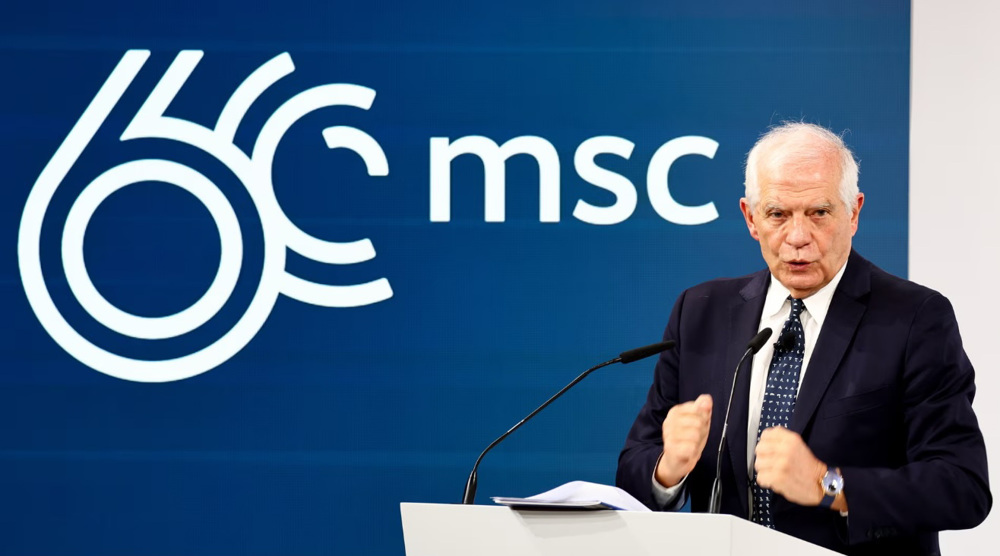
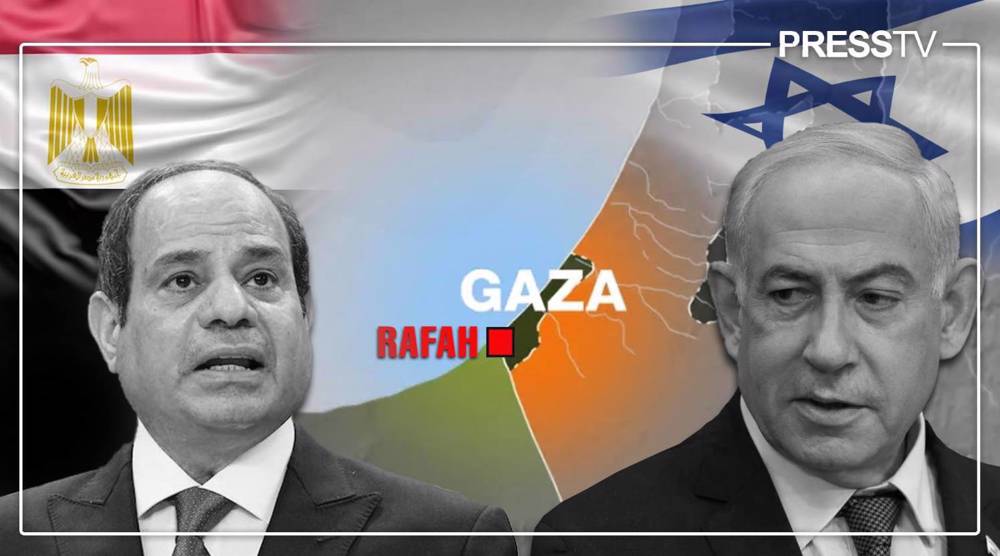
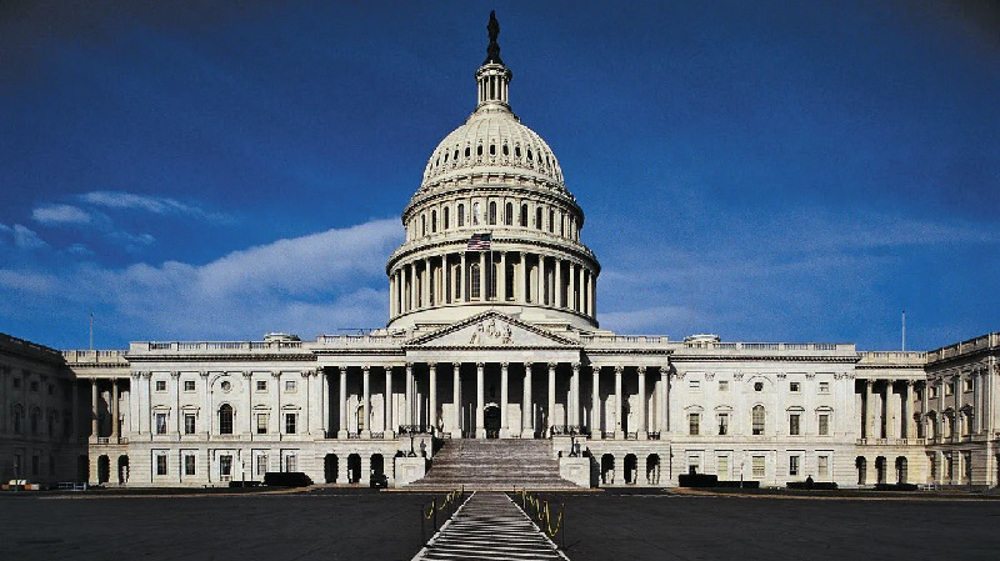

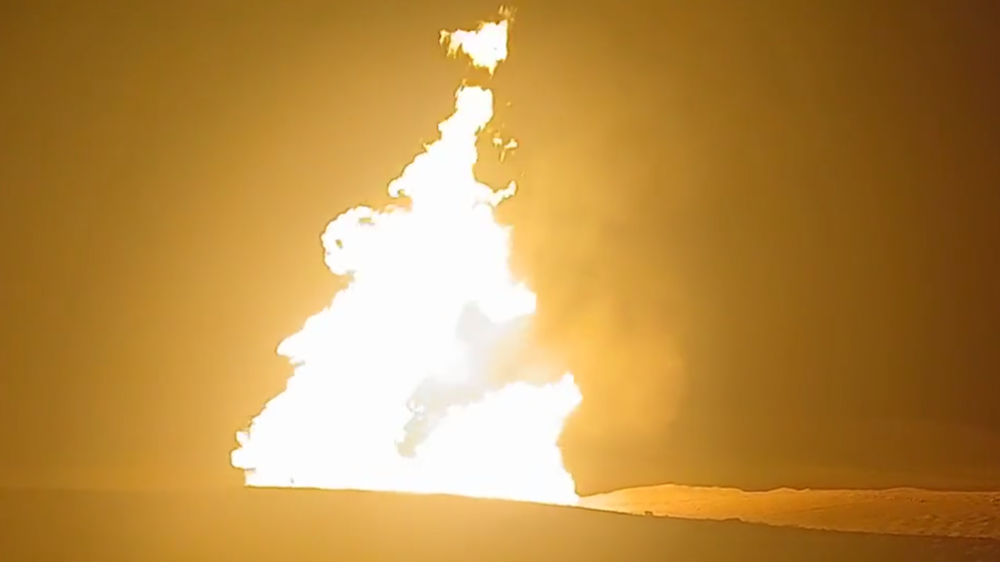
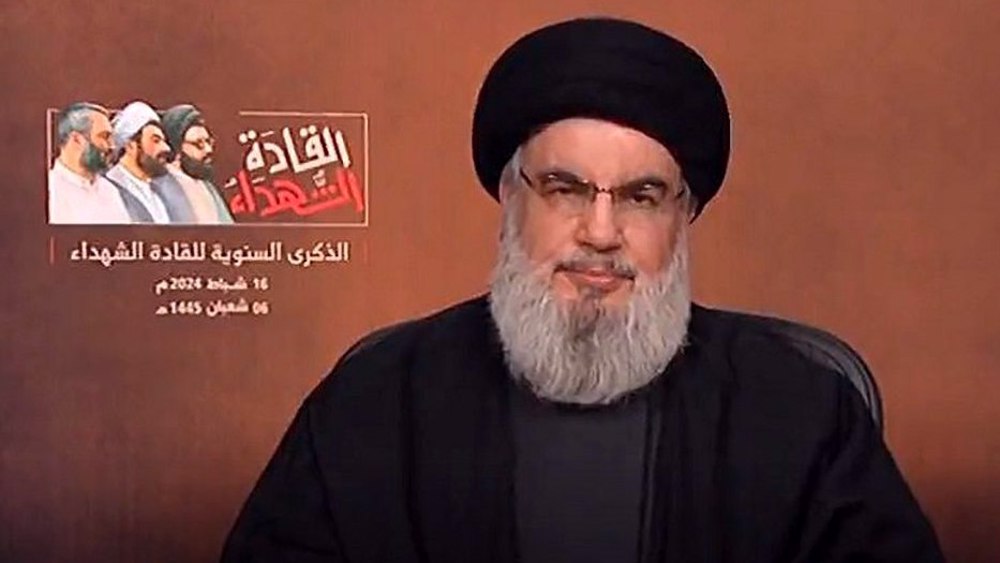
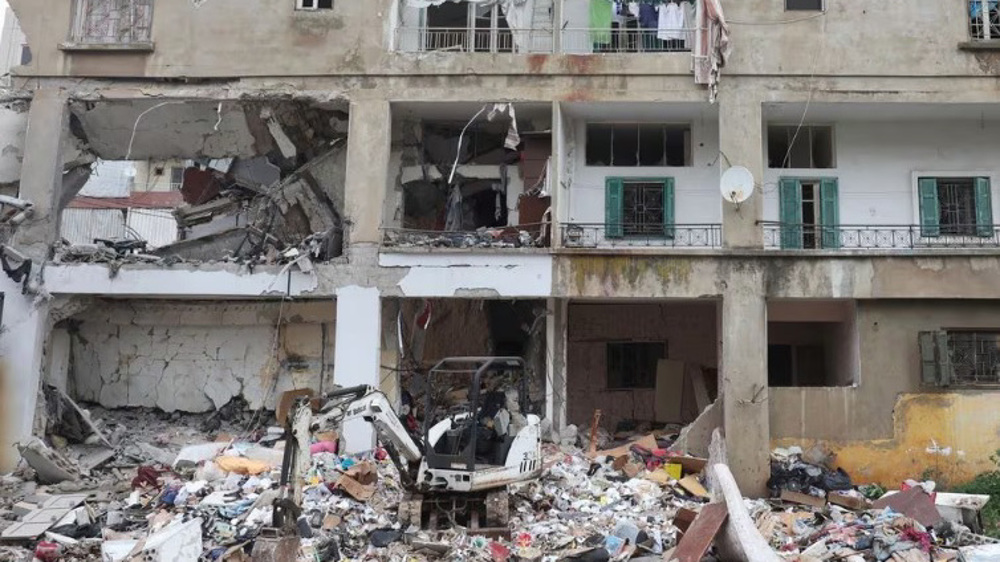

 This makes it easy to access the Press TV website
This makes it easy to access the Press TV website